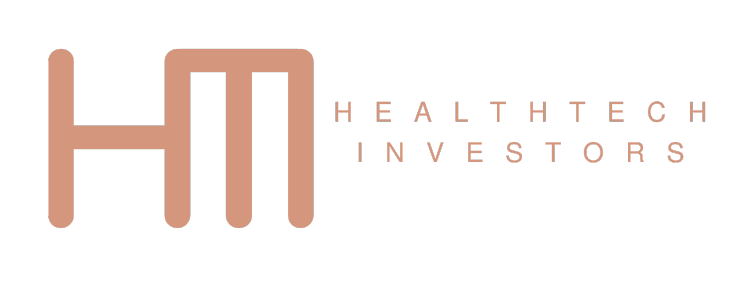What do I look for in a medical device startup?
Hey everyone,
Here is how I look at a medical device startup from an investor perspective:
Team: The team/ founder story is as important as ever here. Is there a strong founder-problem fit?
If there is, the next question I ask myself is: Can this team build their product and can they sell it? Do they have clinical representation from their end user?
Product: Before getting into the product, I ask myself if they are solving a big problem? What is the current solution and is this product significance better? Does the product replace the current standard in its entirety or is it an adjunct?
Market: This is arguably the most important question. What are the current market trends/ tailwinds and how does this product fit in them? Is this a growing market? What is the competition like?
Reimbursement: 10 year ago startups in the medical device space did not have to worry about reimbursement as they were generally acquired post FDA approval. There has been a shift in landscape and general consensus dictates a need for commercialization before acquisition offers are on the table.
For new technologies, often there is no current reimbursement code, CMS has a 3 year new technology add-on payment program to reimburse these devices.
If they are using existing codes, then differentiation from the current standard is important. Its important to ask how does this device lead to an increase in revenue or a decrease in expenditure?
Distribution: At the very early stages, mostly what I am looking for is that the founders value distribution. Are they talking to potential customers? Do they have any letters of intents? A good distribution network translates to more feedback and faster iteration cycles. Speed of iteration is a known marker of startup success.
Workflow: How does this fit into the current work flow? This often goes hand in hand with reimbursement. There is balance here on ensuring the current workflows are not disrupted but there is a tangible clinical benefit. At the end of the day, for medical devices in particular success is contingent upon adoption by end users (often physicians). This is also why having clinical leadership is incredibly important.
Exit: The general path to exit here is acquisition. Again, this is another place where healthcare and medical device in particular is different from other industries. These relationships take time to build and startups needs to have thought of an exit strategy. From my discussions with medical device players, they are now looking for commercialization before entertaining acquisition except in very disruptive/ de novo technologies.
Thanks for reading!
Rishad
